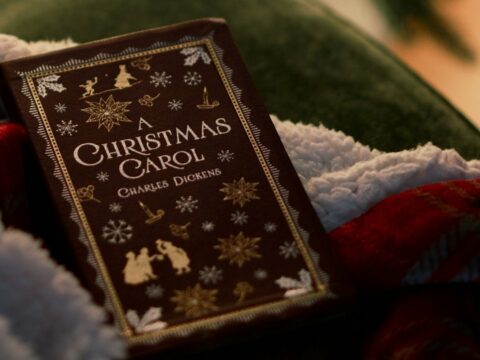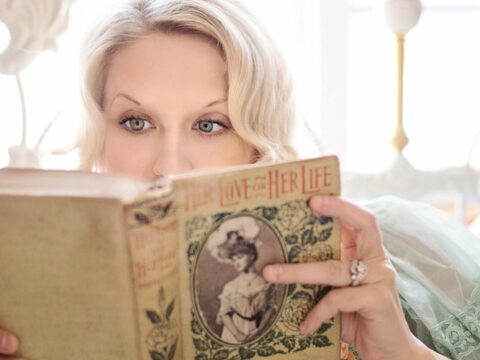When it comes to projects we wrote years ago, writers fall into one of two camps. Some writers find absolute delight in revisiting their old stories. I happen to be one of these! My old work genuinely brings me joy when I can laugh at the ridiculous parts, savor the good parts, and feel utter relief that my stuff doesn’t suck as much as it used to. But I think more writers despise reading their old projects with a fiery hot passion. It can be painful to acknowledge that each and every one of us was once an amateur writer who had no clue what we were doing.
Personally, I think there’s a lot to gain by getting over ourselves and learning from our writing mistakes. The cringe factor is so real, but our old work can be pretty hilarious too if we let it. There are SO MANY common blunders that amateur writers make, but here’s a list of some of the worst offenses I personally have committed in old manuscripts. I feel self-conscious even claiming to no longer be an amateur writer . . . But hey, I’ve also finished six books and have a boatload of feedback under my belt. I’ll take comfort in that as I’m sharing my rap sheet.
11 Mistakes I Made as an Amateur Writer
1. Waiting Years to Write My Perfect Story Idea
This will forever and always be my greatest regret as a writer. I had a brief productive stint the summer I was thirteen. I wrote almost an entire novel, the first third of a second book, and a short play. Then I went for TEN YEARS plotting a massive series and writing absolutely none of it. My reason for waiting so long to write: I was worried about ruining my one perfect story. And I thought that waiting until I was an adult would magically give me better writing skills . . . after years of not writing. All in the name of a “perfect idea” that wasn’t even good!
2. Writing in a Genre I Didn’t Read
Ooooohhh boy, we’ve all been here. What amateur writer hasn’t dived headfirst into a new genre because they saw that one movie once and decided to write a book just like it? This isn’t a bad thing per say . . . as long as you read books in that genre to learn what that audience actually reads. My perfect series that I spend years plotting? That was an epic young adult science fiction series, ten books long. Inspired by Star Wars. And I had never read a single science fiction book in my life. Oy vey.
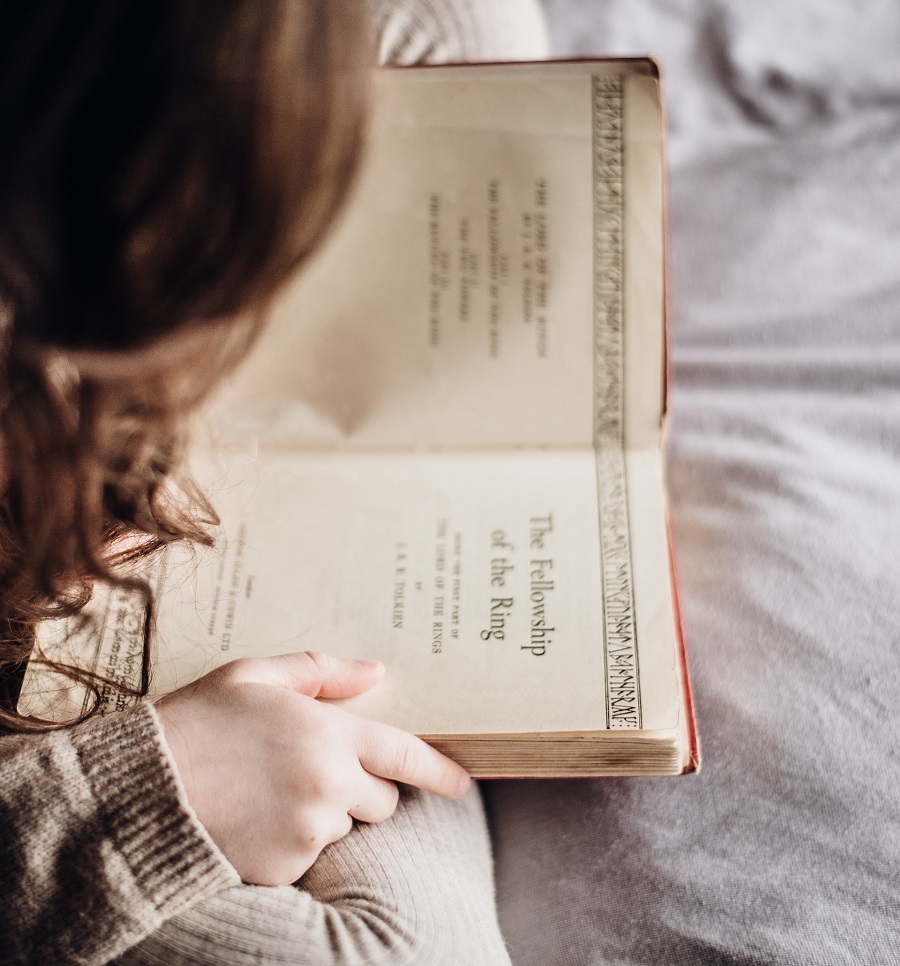
3. Copying Other Books Too Much—a.k.a. Using Clichés
This one I’ll go easy on because this is honestly the only way for amateur writers to turn into pro writers. We find something we like—a movie, a book, a fairy tale, a concept—and we race to our notebook to write something just like it. One of my earliest projects was a mystery book based scene-for-scene on one of my favorite childhood movies, basically me writing the flick in book form. And you know what? I learned a lot by writing that cliché, completely unoriginal story. It was fun! And hey, some of my dialogue was funnier than the original script. I’m just saying.
4. Writing Sprawling Exposition—Especially in the First Chapter
Oh the classic, cringe-worthy style of the amateur writer. I remember those early days of experimenting with language and wordsmithing every single phrase into glittering, beefy paragraphs that described EVERYTHING. And also nothing. My first chapters (and I wrote many) featured pages of solid prose describing the landscape and the buildings and the history and the main character’s clothes without a shred of dialogue in sight. Or anything resembling a hook for that matter. It can take a while for young writers to figure out that one brilliant description is worth way more than a laundry list of mediocre details.
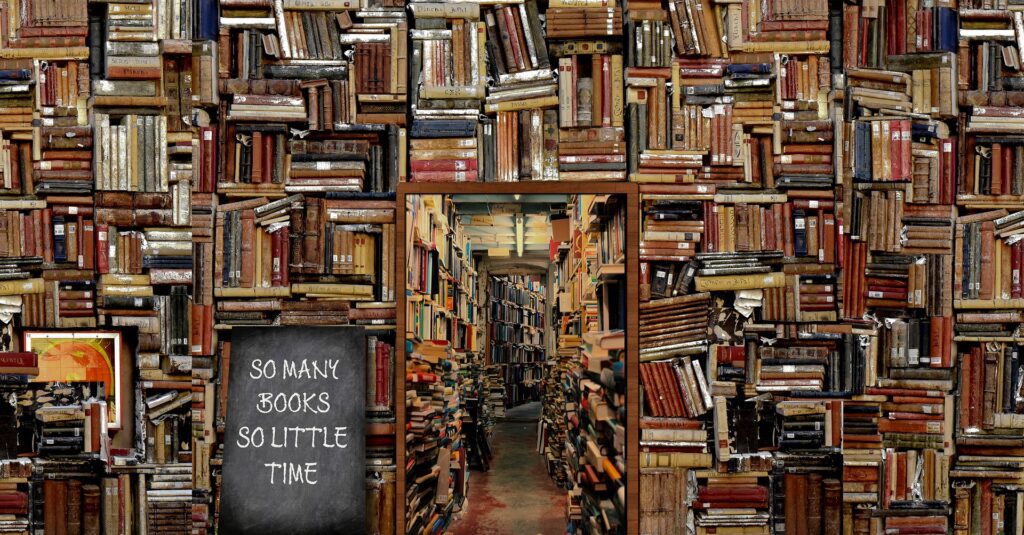
5. Tying Off Chapters with Cozy, Feel-Good Endings
Yep, my chapter endings were once as bad as my boring beginnings. I’d take forever to wind up. Then by each chapter’s end we’d wind back down again. I basically wrote books like episodic TV shows: a fun little adventure in each chapter with a cozy ending of the main character getting out of trouble, leaving an event, or even going to bed. I’m yawning even just typing this. THANK GOODNESS I discovered the art of cliffhangers and ending chapters when something exciting is about to go down.
6. Writing Every Irrelevant Scene Possible
Another amateur writer habit that I can’t get too mad at because again, we’re just practicing! There’s a lot of joy to be found in writing every cute scene that we envision, but it also takes up a lot of space. And wastes your reader’s time. And makes editing an absolute nightmare. My first novel was 350,000 words. For context, that’s longer than the fattest Harry Potter book by more than a third. Atrocious. It wasn’t until a couple manuscripts later that I finally learned to focus on moving the freaking plot forward. Hallelujah.
7. Too Many Characters and Too Much Head-Hopping
Remember my epic series I was planning for ten years? That project was the epitome of too much in every sense of the phrase. Its worst offense was a ridiculously sprawling cast, half of which became the POV (point of view) character of at least one chapter. Woof. Now don’t get me wrong, this can be done well. Authors like Robert Jordan and Brandon Sanderson have HUGE casts of genuinely interesting characters, and multiple perspectives in a book can be really awesome—when it’s done well. Amateur writers just don’t have the skill to pull off multiple POVs in a book because of this next mistake . . .

8. Characters that All Sound and Act the Same
This. This right here is a huge problem. My early work often had one super awesome and interesting character who carried my plot. And they were surrounded by a bunch of flat, pointless minions who made up the rest of the cast and put us all to sleep. Every character needs to sound and feel and act differently, and this trips up amateur writers A LOT. The more characters there are in a book, the more risk you’re running of not having enough variety to sustain a large cast. I gained some valuable experience in this area in one of my earliest projects that switched back and forth between just two characters. They sounded identical at the beginning, then slowly I wrote them more and more distinct.
9. Steering Stories Where I Wanted Them to Go with Handwavium
This is a big one. While I don’t think fiction needs to be perfectly realistic or completely explained, books do need consistency. It gets cringey when amateur writers write themselves into corners and make off-the-wall plot choices rather than fixing the bigger problems in the book. Or they completely forget about in-book rules or important details about a character. Even professional writers commit this faux pas: making their characters do stuff that’s completely out of character to patch up a plot hole or manipulate a storyline. It’s dreadful when it happens. I’ve done it too, guys, but it’s a lazy mistake that makes books feel amateurish.
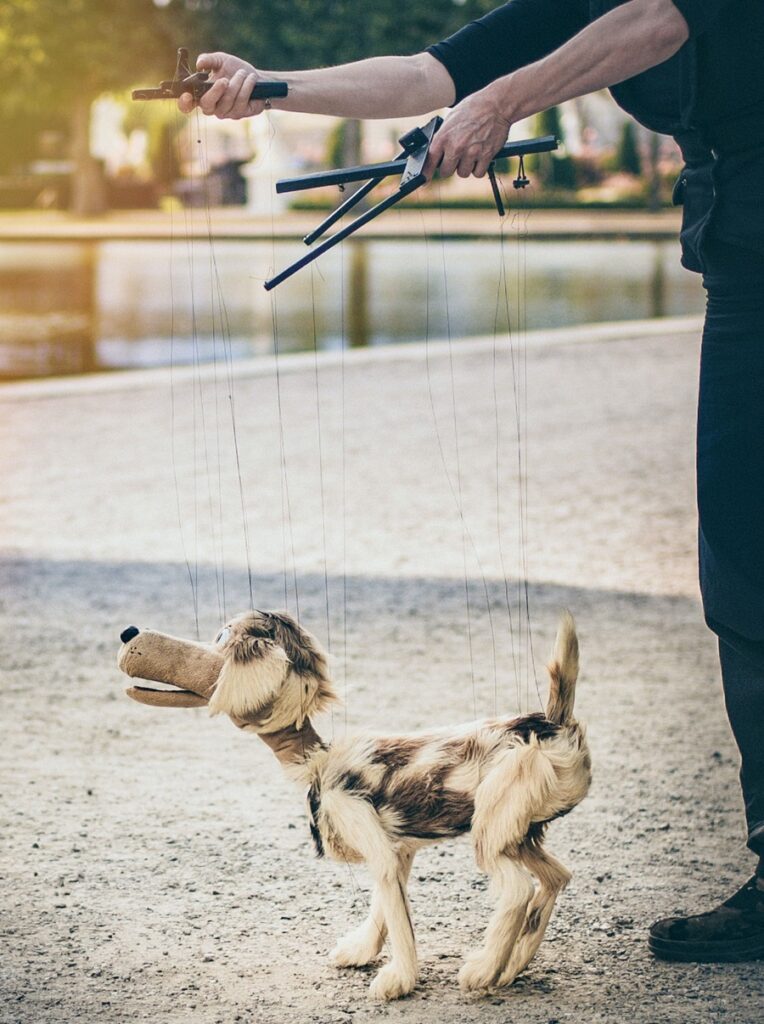
10. Not Reading My Books Out Loud to Myself
This is one of the best pro hacks that every amateur writer needs to start doing. Yesterday. There are a whole litany of common grammatical mistakes that writers commit in first drafts, and this is normal. But reading your writing out loud to yourself now and then not only helps you find typos fast. It helps you write better. Even I, a professional editor, have problems writing sentences that are too long and complicated. Reading my writing out loud has helped me tackle this habit. There’s nothing like hearing your own prose to help you recognize when your writing is awkward and way too hard to understand.
11. Being Secretive about My Writing
If I could give every amateur writer a hug (including my younger self) and tell them one thing, it would be to not worry so much about people judging them. Generally speaking, being a writer is viewed as a net positive. It’s a cool hobby! And there are very few people who are cruel enough to mock young creatives trying out something new. I deeply wish I had shown my early work to more people, sought out other writers sooner, and embraced my eccentricities earlier in life. We all go through our own journeys of accepting ourselves. For me, it sure was great to let that anxiety go and settle into an open and comfortable relationship with my lifelong calling as a writer. ❧



